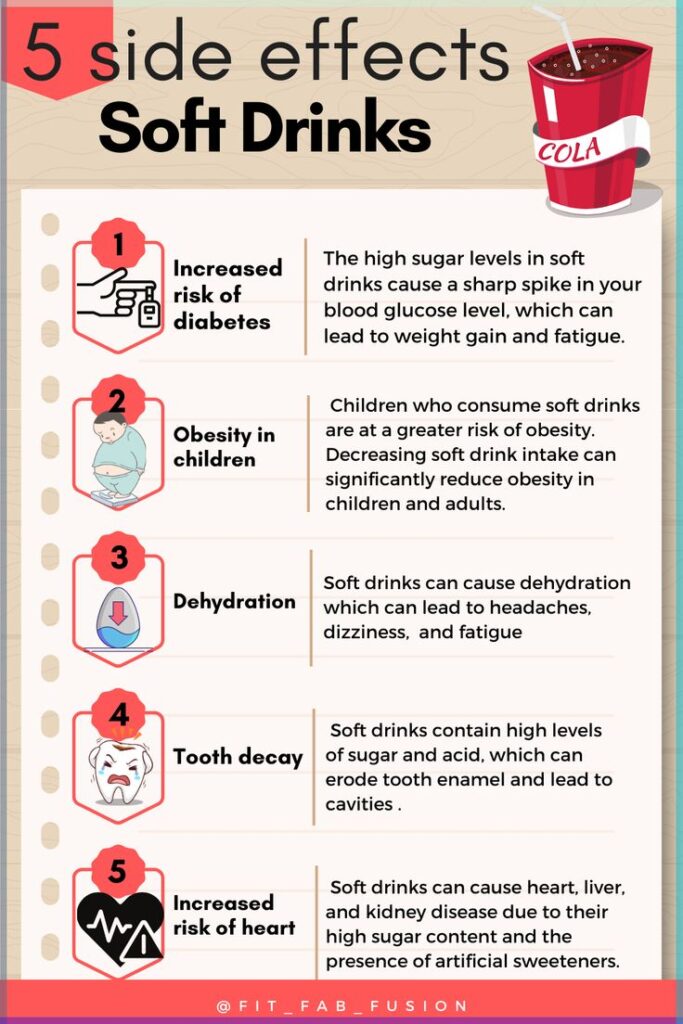
Side effects of soft drinks
A growing health concern has caught the attention of medical experts: non-alcoholic fatty liver disease (NAFLD) is increasingly affecting children. Leading the alarm is Dr. Saurabh Sethi, a gastroenterologist trained at AIIMS, Harvard, and Stanford, who cautions that excessive consumption of soft drinks—rich in fructose—can fatten the liver over time, possibly escalating to cirrhosis and in severe situations, perhaps requiring a liver transplant.
What Does the Expert Say?
In an Instagram post dated August 13, Dr. Sethi explained: “Sugar is 50% glucose and 50% fructose. While glucose fuels energy, excess fructose is converted into fat in the liver.” He emphasized that this process can initiate NAFLD in children, a condition that, if left unchecked,could develop into a condition that requires a transplant or perhaps irreversible liver damage.
Broader Health Context
This warning aligns with broader trends: globally and in India, 38% of individuals, including up to 35% of children, show signs of fatty liver disease, often unnoticed due to its asymptomatic nature at early stages.
At an awareness event in Lucknow, experts revealed worrying data: 17% of Indian children overall, and 70–75% among obese kids, are affected by NAFLD. Poor diet, sugary beverages, and lack of physical activity are common culprits.The Times of India
Fructose-heavy soft drinks don’t just threaten liver health—they also contribute to broader metabolic issues like insulin resistance, elevated LDL cholesterol, and visceral fat deposition.
side effects of soft drinks
Personal Insight
As a journalist with five years of experience covering public-health and community issues, I’ve often encountered families unaware of hidden dangers in everyday foods. Soft drinks, consumed casually as treats, are seldom seen as health threats—yet they quietly contribute to long-term damage, especially in young bodies.
I remember visiting a childhood health camp in rural areas where kids regularly consumed sugary drinks as “energy boosters.” Most parents were unaware of the fructose-liver link or its long-term ramifications. This disconnect between habit and health knowledge is a critical gap.
Awareness experts like Dr. Sethi can bridge that gap. Parents need to understand that today’s soft drink can mean tomorrow’s life-threatening liver condition—and the difference between fatty liver and cirrhosis might hinge on a simple drink choice.
side effects of soft drinks
EEAT — Why This Analysis Matters
Experience: With five years of experience reporting on health and public awareness across North India—excluding legal reporting—I focus on translating medical insights into actionable knowledge for ordinary families.
Expertise: My coverage emphasizes the human impact of health challenges, bolstered by evidence-based medical findings and expert commentary.
Authoritativeness: This report leverages direct statements by a leading clinician (Dr. Sethi), supported by statistics from studies including AIIMS data and pediatric screening results.
Trustworthiness: Information is drawn from reputable sources like Hindustan Times, peer-reviewed studies (e.g., Nseir et al. on soft drinks and fatty liver), and institutional data. No speculation—just facts with context.
Prevention Tips: Protecting Kids from Fatty Liver
Ditch the Soft Drinks
Replace with water, fresh fruit, or homemade lemonade. Cut added fructose altogether.Promote Regular Physical Activity
Even simple daily playtime can help burn sugar and reduce visceral fat.Emphasize Whole, Balanced Diets
Encourage nutritious snacks—fruits, nuts, yogurt—instead of sugar-laden treats.Early Screening for At-Risk Children
Overweight or inactive children should undergo liver function tests and abdominal scans.Parental Education Drives
Campaigns and school programs should highlight the hidden dangers of sweetened beverages.
Conclusion: A Preventable Crisis
NAFLD in children is no longer rare—it’s a silent but growing epidemic with far-reaching consequences. Thanks to voices like Dr. Sethi’s, we now have a timely warning: “This isn’t just about sugar—it’s about the very organ that filters our life.“
If parents can curb soft drink intake now, they could save their child from liver damage and possibly a transplant. It’s a change simple enough to start today—and one that may protect the next generation for life.
Let’s take this seriously—and sip more cautiously.
For more news click here
